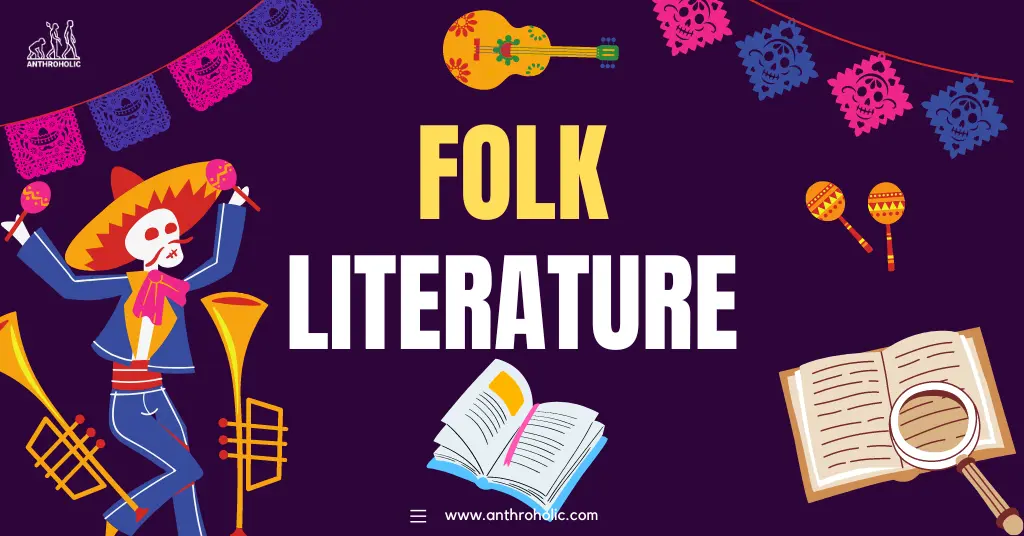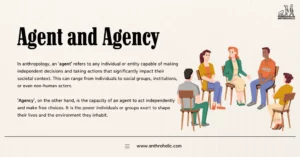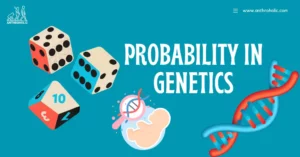AI Answer Evaluation Platform Live Now. Try Free Answer Evaluation Now
Folk Literature
Folk literature, also referred to as oral tradition, encompasses the lore, tales, songs, proverbs, riddles, and other cultural narratives that have been preserved by communities and passed down through generations. These narratives play a significant role in perpetuating the values, norms, and traditions of societies, reflecting their beliefs, histories, and life philosophies.

Folk Songs
Folk songs, often termed ‘the music of the people’, are traditional melodies with lyrics that encapsulate the emotions, experiences, or stories of a community [1]. The themes range from love and war to nature and daily life. Owing to their oral nature, they evolve over time and can carry diverse versions across different regions.
- Example: “Barbara Allen,” a traditional British ballad, which has various renditions across English-speaking nations.
Folk Tales
Folk tales are fictional stories passed down orally that depict heroes, villains, and magical elements. These tales often serve to impart moral lessons to younger generations [2].
- Fairy Tales: These are magical narratives involving mythical creatures like dragons, fairies, and witches. Example: “Cinderella.”
- Fables: These are short stories, typically featuring animals as characters, aiming to convey a moral lesson. Example: “The Tortoise and the Hare.”
Myths
Myths are ancient stories that seek to explain natural or social phenomena. They often involve gods, goddesses, and supernatural beings, reflecting a society’s religious and cosmological beliefs [3].
- Example: Greek mythology’s “Creation of the World” offers an explanation for the origin of the universe.
Legends
Legends are semi-true stories, grounded in historical facts but enriched by mythic qualities. They feature heroic characters and extraordinary events and often serve as a reflection of the cultural values of a society [4].
- Example: The legend of “King Arthur,” who, according to folklore, was a British leader fighting against Saxon invaders.
Proverbs
Proverbs are short, well-known sayings that express a general truth or advice. They encapsulate the wisdom and common sense of a community and are used to guide behavior.
| Proverb | Origin | Meaning |
|---|---|---|
| “The early bird catches the worm” | English | Early risers have an advantage |
| “It takes a village to raise a child” | African | Raising a child requires collective effort |
Riddles
Riddles are thought-provoking questions or statements that require creative reasoning to solve. They often serve as a form of entertainment and mental exercise.
- Example: “What has keys but can’t open locks?” (Answer: A piano.)
Anecdotes
Anecdotes are short, interesting or amusing stories about real incidents or people. They often serve to illustrate a point or support a claim in conversation or literature.
- Example: The story of George Washington cutting down a cherry tree to illustrate the virtue of honesty.
Ballads
Ballads are narrative poems or songs that tell a story, often of a romantic or tragic nature. They originated from the tradition of storytelling in song and were passed down orally over generations.
- Example: “The Rime of the Ancient Mariner,” an English ballad by Samuel Taylor Coleridge.
Conclusion
Folk literature, in its various forms, mirrors the collective wisdom, moral standards, traditions, and beliefs of a community. By studying these narratives, we gain a deeper understanding of human culture and its evolution.
References
[1] Nettl, Bruno (2005). “The Study of Ethnomusicology: Thirty-One Issues and Concepts.” University of Illinois Press.
[2] Zipes, Jack (2006). “Why Fairy Tales Stick: The Evolution and Relevance of a Genre.” Routledge.
[3] Armstrong, Karen (2005). “A Short History of Myth.” Canongate Books.
[4] Tangherlini, Timothy R. (1998). “Legends: A Casebook.” Garland Publishing.




